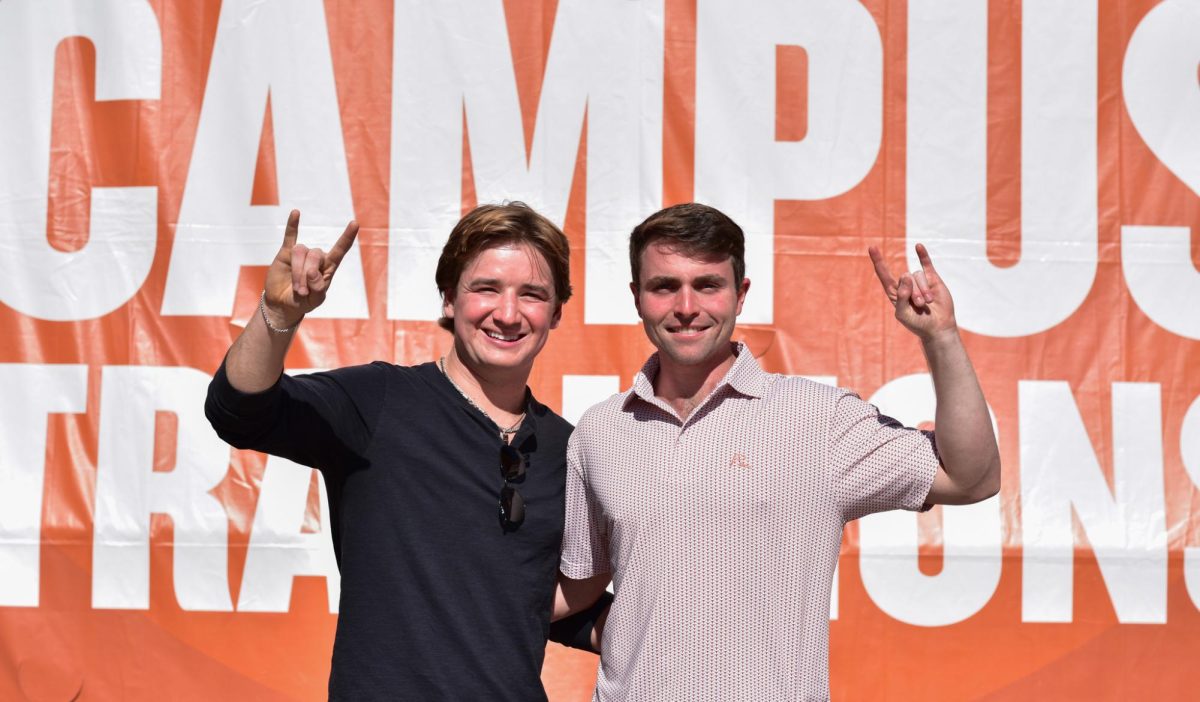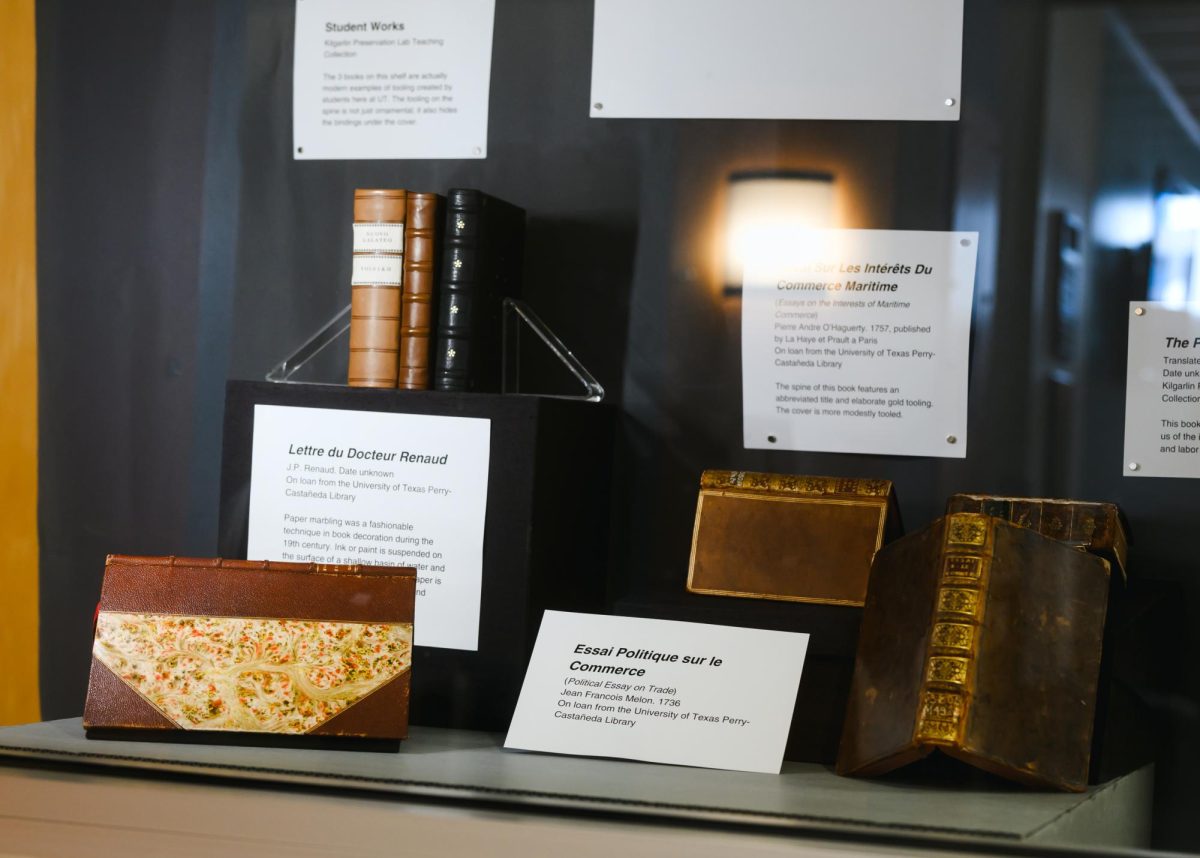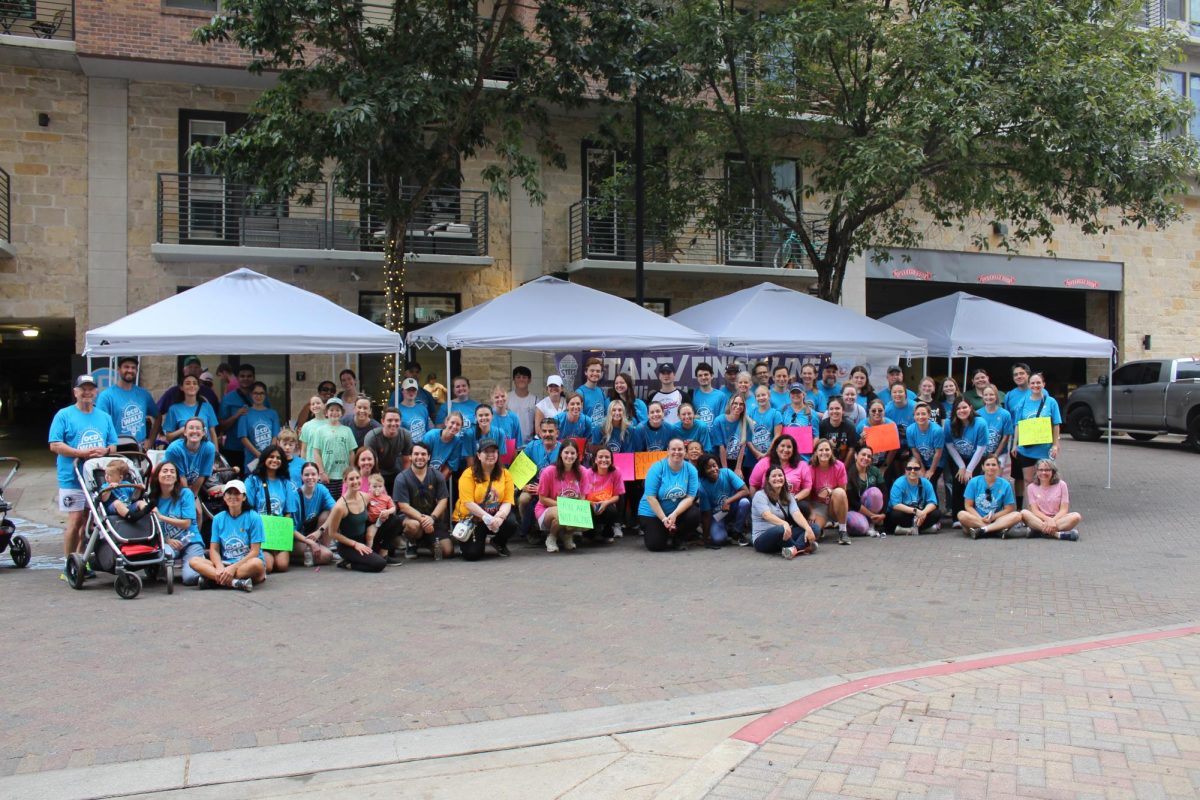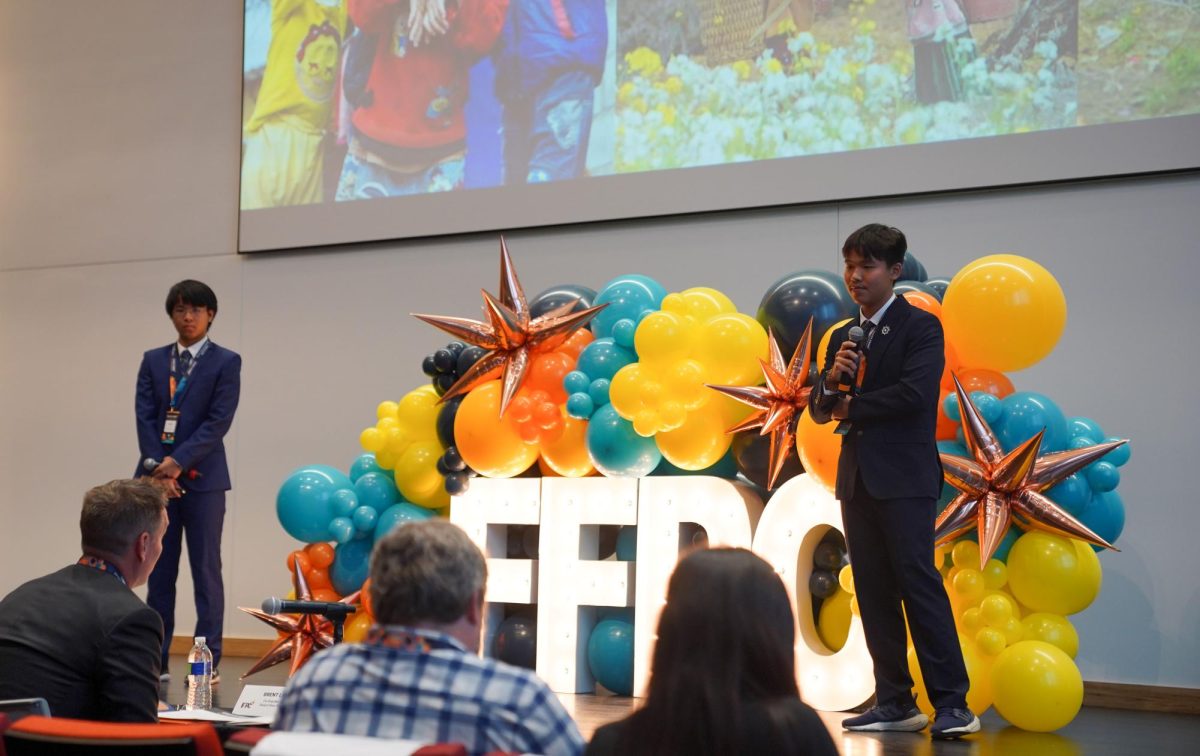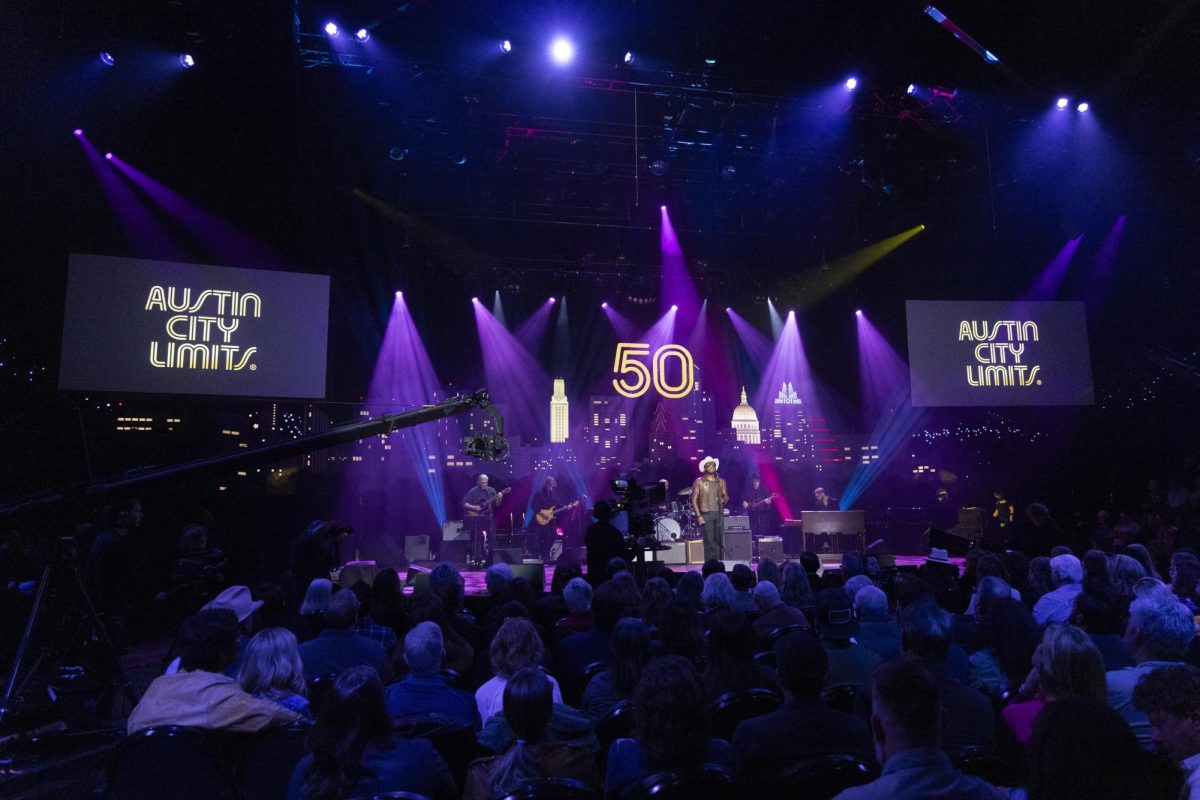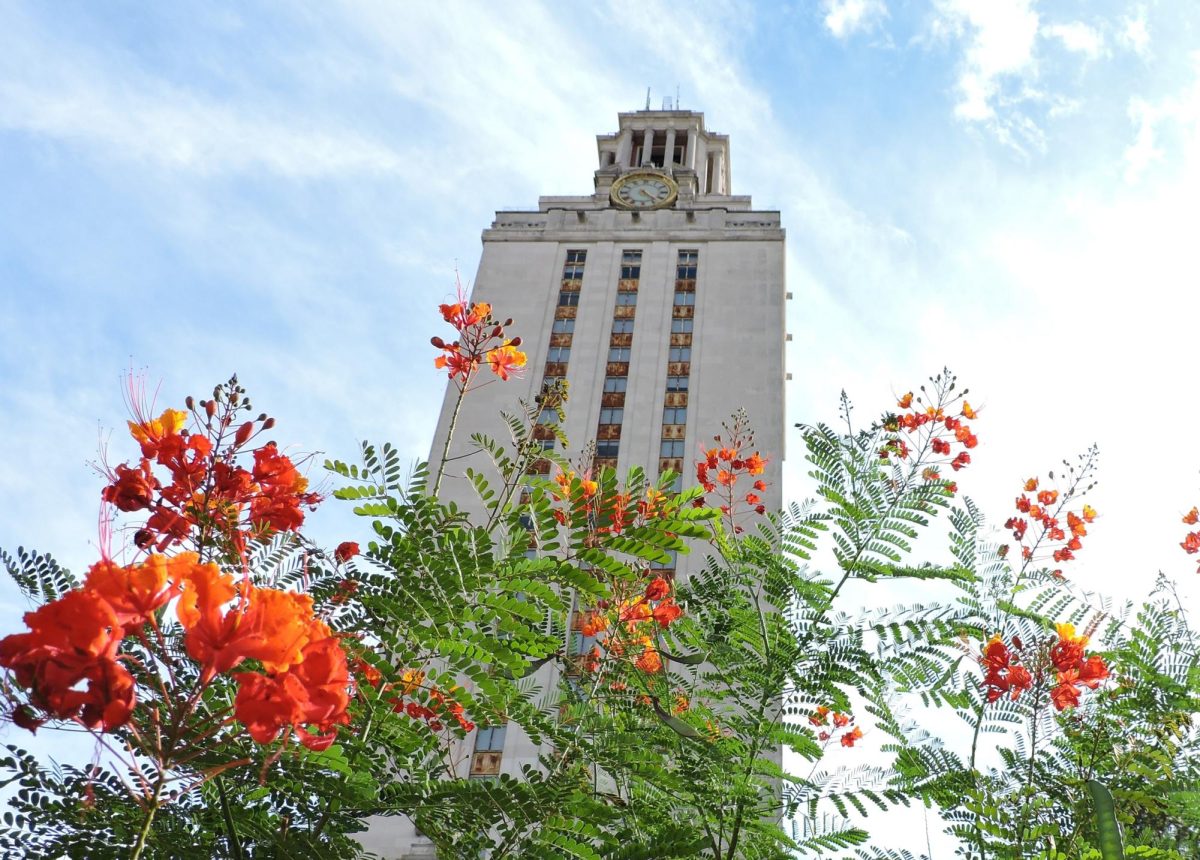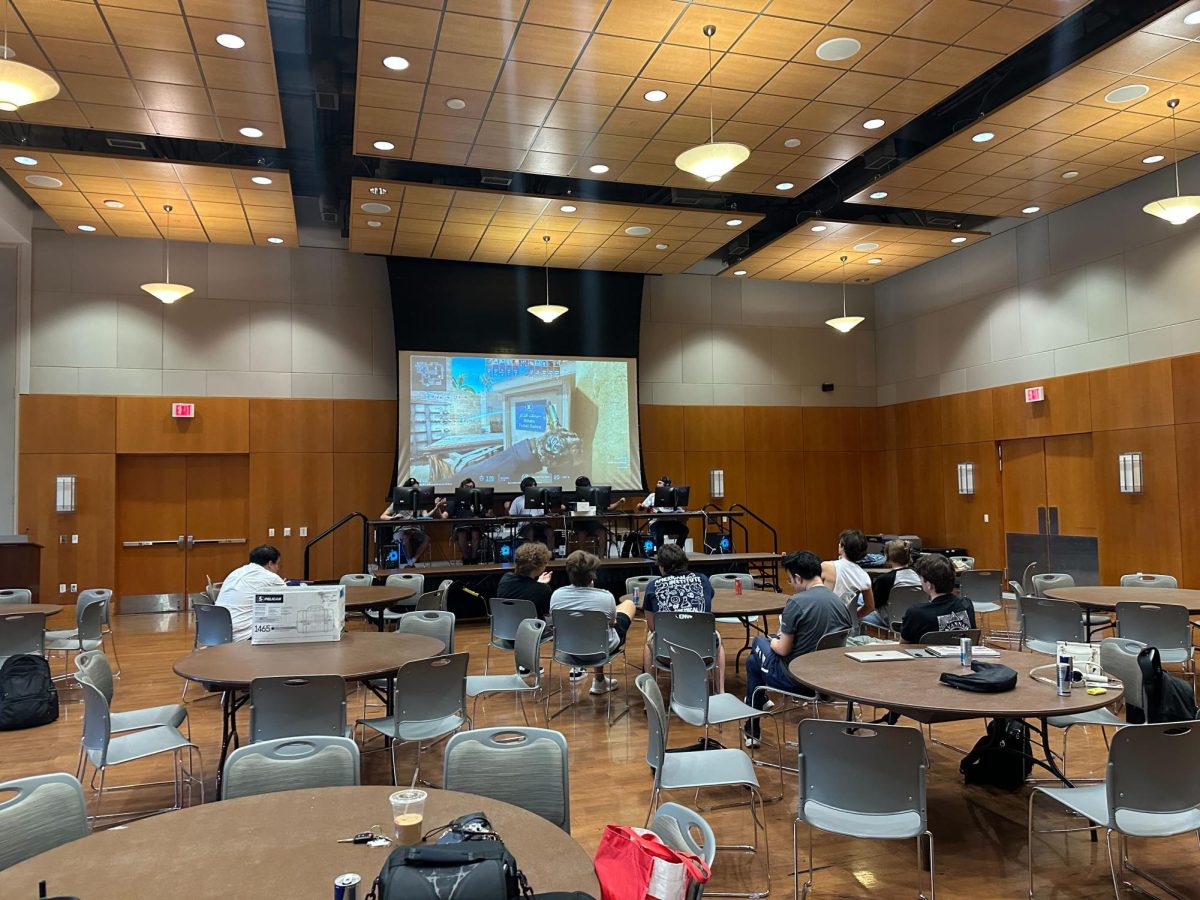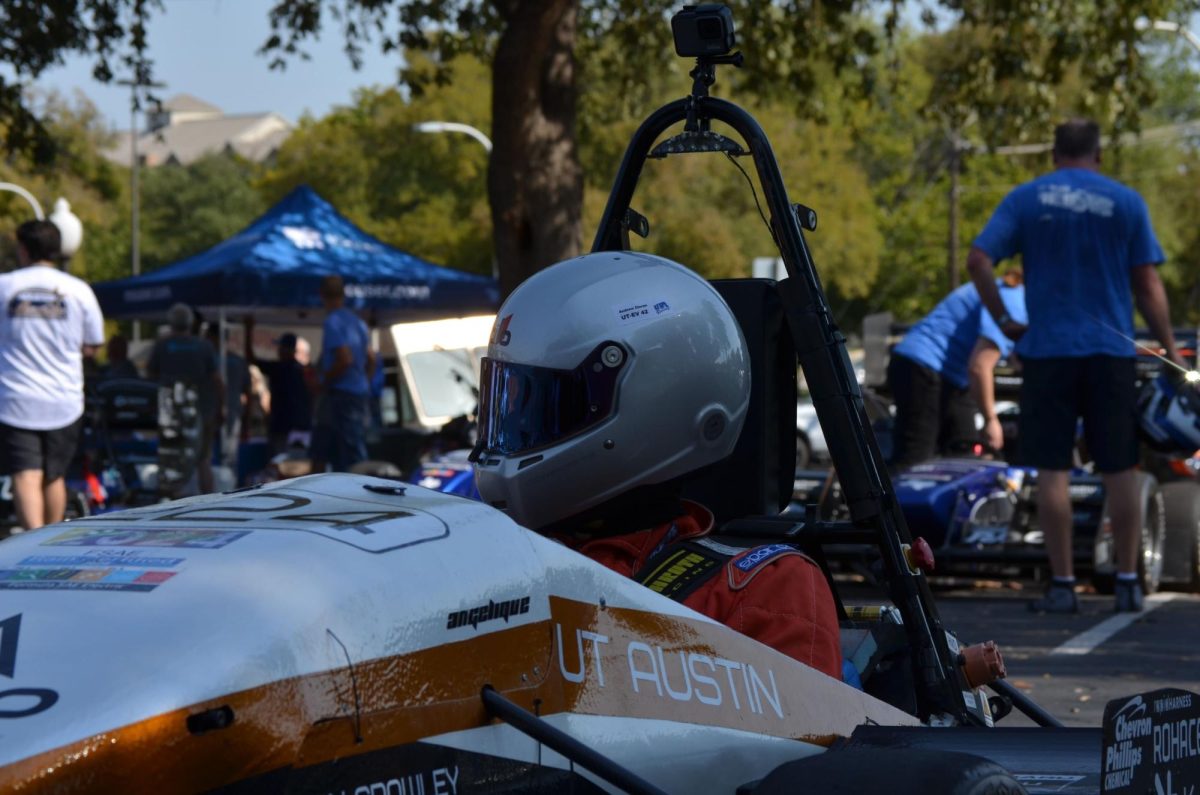It can be painfully obvious when our memories fail us — when we can’t remember a person’s name or what we did last Friday night. But Alison Preston, professor of psychology and neurobiology, focuses on the more positive aspects of memory. Memory in the brain is about much more than just storage (or lack thereof). The memories we store inform how we process new experiences and allow us to draw useful, ambitious inferences about our world — often without even knowing it. Preston studies how we use memory to combine information across different events to understand how experiences relate. She also does research on memory deficits in schizophrenia and the influence of attention on memory.
Daily Texan: You study memory in the brain. What’s the focus of your research on memory?
Alison Preston: My lab in particular studies a specific form of memory. It’s what we typically think of as memory — the individual events of our lives. These can be as mundane as what we had for breakfast last Wednesday, or more meaningful things like your first day of college or your very first kiss. These kinds of memories are different from other types like factual knowledge, because they’re tied to specific moments in time and to a specific place. When you think about your first kiss, you might actually mentally transport yourself to the place where it happened and remember who you were with, what you felt like and when it was. That’s different from remembering who the 16th president of the United States is. Factual memory doesn’t have the same kind of detail associated with it. In my lab, we’re really interested in how the brain forms, accesses and uses these memories about events. How do we encode all this detailed information, and what’s involved in the process of remembering it?
DT: You mentioned you study how we use memories about events. What do we use them for?
Preston: One of the big questions in my lab right now is how we combine information across time to have more flexible memories and encode the relationships between experiences that may tell us something new about our environment. Imagine you’re leaving your apartment and you notice a new guy leaving a few doors down walking a dog. You might think, ‘Oh, there’s my new neighbor with his dog.’ A couple weeks later and you see that same dog being walked by a different person, a woman. Seeing the dog might lead you to recall the first time you saw that dog and the person the dog was with. While you’re walking to class you actually form a new memory for the relationship between the woman and the dog, and embed it in your pre-existing knowledge. Now, in your brain, you have a representation that she is your neighbor who lives three doors down with her dog and the guy. That’s something your brain does automatically, it allows you to make inferences about the relationship between the man and the woman, and in spite of the fact that you’ve never seen them together.
DT: How do you go about studying this?
Preston: We look at this part of your brain called the hippocampus, which is deep in the center of your brain. It’s a structure that’s really important for these forms of memory. We are also interested in how it predicts individual differences in the abilities to link memories. It turns out that, in something like forming memories for the man, the woman and the dog, some people are really good. They’ll reactivate the memories and link them together so they understand their relationship. Other people can’t do tasks like this. They learn that the man goes with the dog and that the woman goes with the dog, but they don’t link two things together.
DT: What are some of the applications for your research?
Preston: A lot of what were doing has implications for how students learn in the classroom. As a professor, my job is to teach concepts. You teach concepts by telling students to learn the details, but in the end, I recognize that they’re not going to remember every detail I try to teach them. There are certain core principles that appear across the different lectures, and you cannot assume that students are going to recognize that those core concepts are the same across different details.
DT: So why do we remember unique or important events distinctly?
Preston: Personally significant events usually contain a lot of emotional content, and it turns out the parts of the brain that are important for emotion are directly wired up with the parts of the brain that are important for memory. Things that are emotional lead you to form stronger memories that you’re more likely to retrieve at a later time, but it’s not going to be more accurate.


